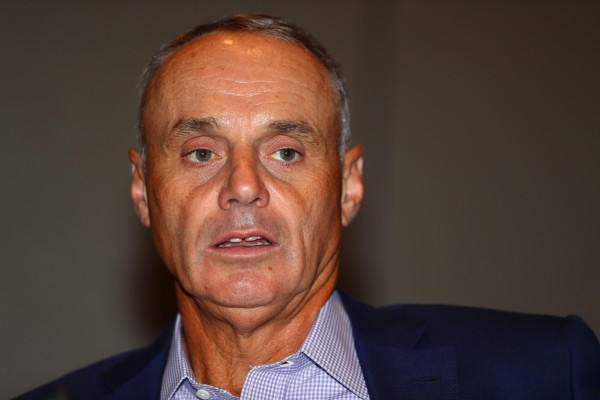
The Major League Baseball qualifying for the 2018 season has been set at $17.4 million after being $17.2 million last offseason according to Tim Dierkes of MLB Trade Rumors.
Qualifying offers have to be submitted within five days of the conclusion of the World Series and then the player has a maximum of ten days to decide whether or not to accept.
The Mets don’t have any free agents this offseason that would warrant them getting a qualifying offer and the group of veterans they traded can no longer be given the offer.
Now the confusing part comes with the new compensation system for qualifying offers that get rejected and the player signs with another team. Here is a quick overlook of the new rules for a team that gave qualifying offer and the player signed elsewhere –
- Players that have previously received a qualifying offer are no longer eligible to receive another one.
- If the team was not a revenue sharing recipient or the free agent signed for less than $50M guaranteed, the team will receive a compensatory pick after the Competitive Balance Round B.
- If the team losing the player received revenue sharing in the previous season and the free agent signed a deal worth at least $50M guaranteed then the team will received a compensatory pick after the first round of the June draft.
- If the team paid the luxury tax in the previous season then the team will receive a compensatory pick after the fourth round.
Now the rules for the team that signed a player who declined a qualifying offer –
- If the signing team received revenue sharing and didn’t exceed the luxury tax threshold in the previous season, the team only has to surrender a third round pick in the draft.
- If the signing team contributes to revenue sharing but didn’t exceed the luxury tax threshold, the teams gives up its second highest draft pick and $500K of international bonus money pool.
- If the signing team paid the luxury tax. the team gives up its second highest fifth highest draft picks and $1MM of international bonus pool money.
It will certainly be interesting to see how the new (and somewhat confusing) qualifying offer rules will affect the free agent market this offseason.















